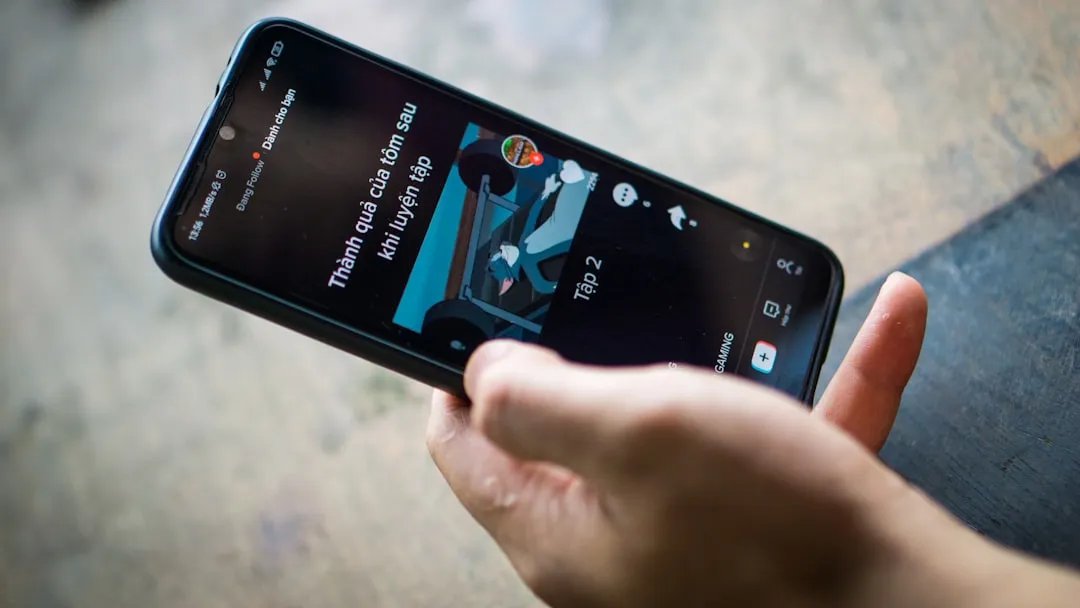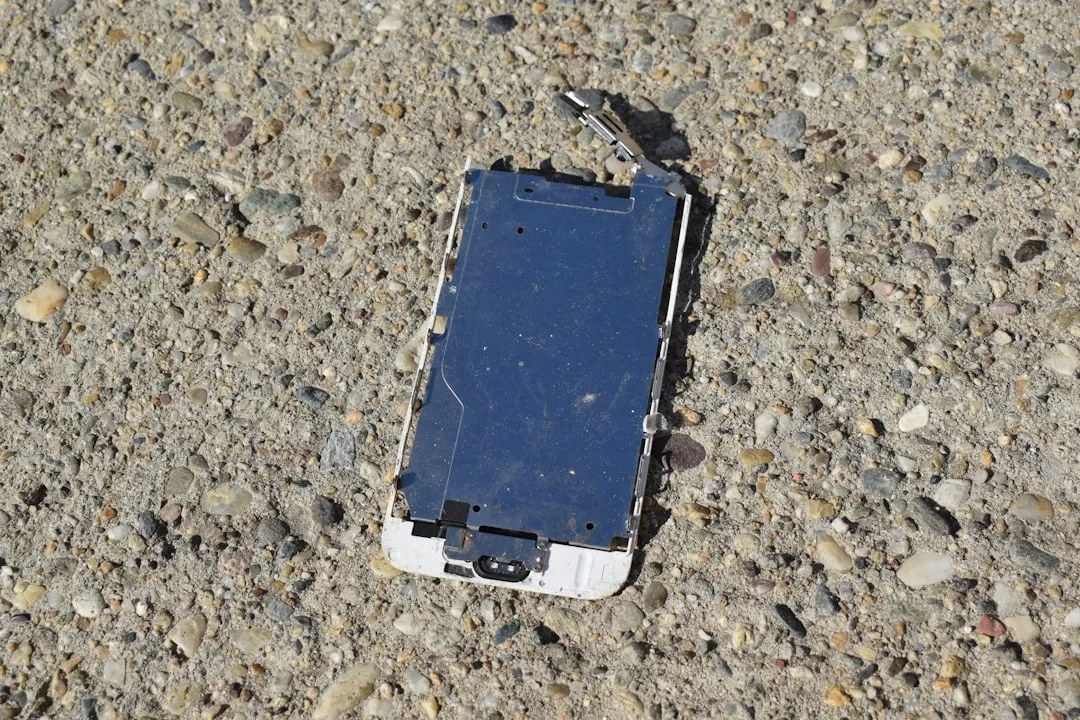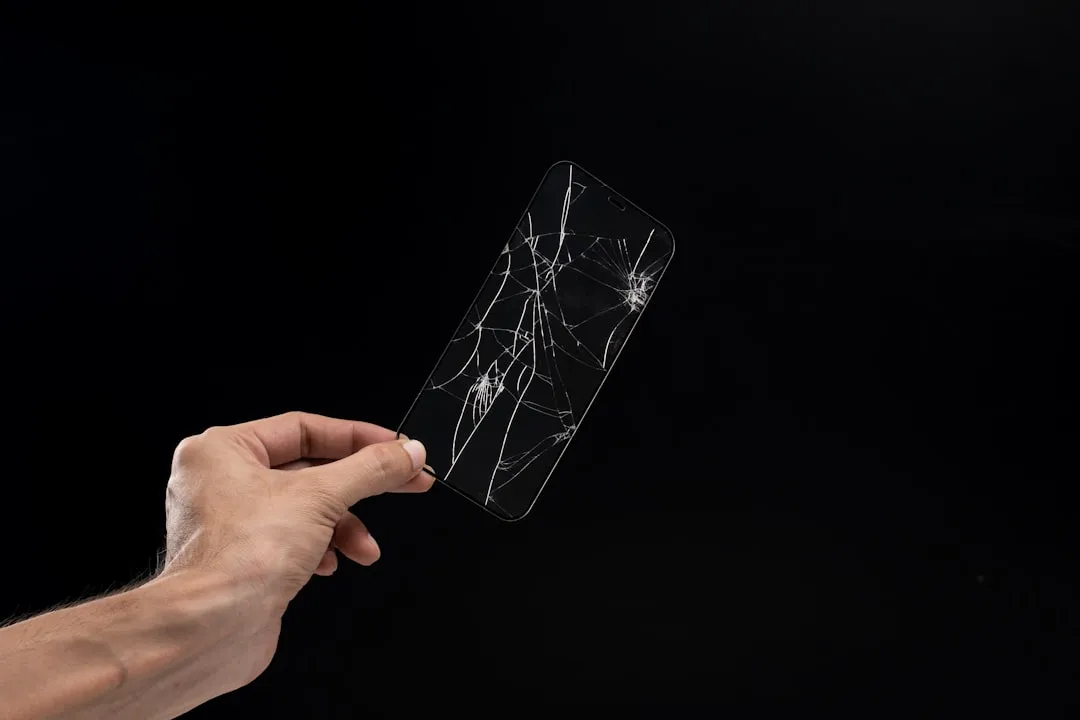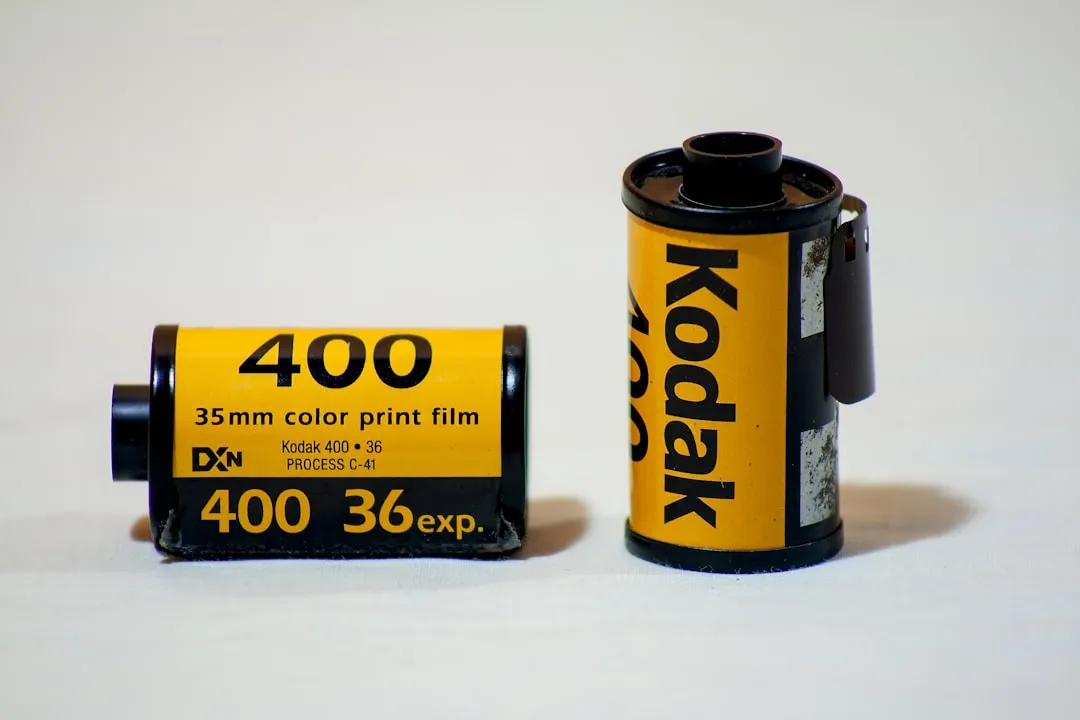
In recent years, unwanted calls have become a top priority for the FCC. In 2016, analysts estimated that US customers received over 2.4 billion robocalls per month. As a result, the FCC has provided carriers new tools to combat this problem.
The Federal Communications Commission has instituted five public policy initiatives to help slow down the widespread growth of robocalls and spam calls. The first deals with straight up blocking suspicious phone calls, and the primary call-blocking tool implemented involves allowing wireless carriers to legally reject calls at a network level, so they never reach your phone in the first place. Unfortunately, it's not mandatory nor does it have to be a free service from voice service providers, but so far carriers are jumping on board with no cost to the consumer.
Second is blocking calls when switching numbers. Previously when changing phone numbers, consumers would receive calls intended for the previous owner of the number. Thanks to the FCC, new rules have been adopted to create a reassigned numbers database to minimize these unwanted calls.
The third initiative deals with the FCC heavily fining companies which spam users with calls or use robocalling equipment or software. The federal agency has already fined two telemarketers over $200 million for illegal call spoofing, which brings us to the fourth initiative — enforcement. The Federal Trade Commission is also helping enforce current laws against robocalls and spam.
However, the most significant change is SHAKEN/STIR (Secure Handling of Asserted information using toKENs and Secure Telephony Identity Revisited), part of the fifth initiative. The North America Numbering Council recommended framework creates a reliable authentication system to improve call-blocking services and unmask spoofed calls. The FCC has asked every US wireless provider to implement this system into their service by the end of 2019, and it will significantly enhance a provider's ability to combat this problem.
With these tools, US wireless carriers can better protect you from unwanted calls. By giving wireless carriers these options, not only do most spam calls get blocked before reaching your phone, but they also allow carriers to improve their services and apps, which can go even further to combat this problem. As for blocking robocalls and spam right now, here are tools available from the four major wireless carriers:
1. Verizon Wireless
Starting in March 2019, Verizon has begun deploying the SHAKEN/STIR authentication system on its network. With this tool, far fewer spoof calls will reach your phone as the technology will verify via digital certificates that the phone number that appears on a caller ID is, in fact, the real number. Right now, it only works from Verizon to Verizon calls, but it's working on the interconnection between other providers.
Additionally, Verizon has a free version of its Call Filter app available on both the Play Store and App Store. It even comes pre-loaded on some Verizon variants of Android phones but is only available to postpaid accounts, so it's not for prepaid users. Verizon's free app provides spam detection, a spam filter, and the ability to report numbers.




Once installed, you can use Verizon Call Filter to get alerts for spam calls and robocalls even if your smartphone doesn't include the feature in its default phone app. For those wanting additional protection and features, you can opt for the paid version, which is $2.99 each month per line (or $7.99 per month for three or more lines). Paid services include caller ID, personal spam and block lists, a risk assessment of the call, and the ability to lookup spam, as well as all the free features.
2. T-Mobile
T-Mobile implemented SHAKEN/STIR back in January 2019, labeled as "Caller Verified" by the company, isolated to its own network. However, it has gone a step further already in a partnership with Comcast that started in April 2019— the first interconnection between different networks.
Right now, if you're a T-Mobile customer, calls will be verified if originated from T-Mobile's network or Comcast's Xfinity Voice home lines. Comcast customers won't get verification from T-Mobile's network until later in 2019.
The catch is that Caller Verified, for now, is only supported by the following devices running the latest software for either T-Mobile or Metro subscribers. More devices will be coming in the future.
- Samsung Galaxy Note 8
- Samsung Galaxy Note 9
- Samsung Galaxy S8 and S8+
- Samsung Galaxy S9 and S9+
- Samsung Galaxy S10, S10+, and S10e
- LG G8 ThinQ
T-Mobile also has T-Mobile Name ID, available on both the Play Store and App Store. It provides advanced control over who can reach you via a phone call.
With Name ID, you can block and unblock callers from your call log, even if your phone doesn't include a blocking feature. Once blocked, calls will never reach you even when your phone is off. You can also block calls from a specific category, such as telemarketers, political calls, and survey. You can even prevent calls which were tagged as nuisance calls for even more control.
Name ID also provides an advanced caller ID system which can identify the name of the caller, even if they appear as unknown initially. You can even do a reverse phone lookup to figure the source of a text message you received.




The downside to Name ID is that it does require a monthly subscription. For $4.99 per month (per line), you can access all these features, but the service is included with T-Mobile ONE Plus and the new Magenta Plus plans for free. All other plans will be charged, and it's limited to postpaid only.
T-Mobile also has free services to help stop scam calls. First, there's Scam ID, which displays "Scam Likely" for an incoming call it believes to be from a scammer or robocall. The service is free of charge for all postpaid subscribers and is turned on by default.
Second is "Scam Block," which automatically blocks "Scam Likely" calls from reaching your phone. It's also free of charge, though, you do have to enable it. To do so, visit T-Mobile's website from a browser, dial #662# from your T-Mobile device, or use the Name ID app.
3. AT&T
Like Verizon and T-Mobile, AT&T has deployed its SHAKEN/STIR implementation on its network, confirmed by an AT&T representative. That means you can see if calls are verified or not as long as the number is from an AT&T plan. And like T-Mobile, it's formed a joint partnership with Comcast, so later in 2019, you'll be able to get call authentication results on AT&T from Comcast Xfinity Voice home calls (and vice versa, if you have Xfinity Voice).
In addition, AT&T is currently already blocking millions of spam calls and billions of robocalls. The AT&T fraud management team and big data scientists have created a system which examines over 1.5 billion calls each day for patterns share by robocalls. Using this, they can block robocalls before they reach subscribers automatically.
For additional protection, if you're an AT&T mobile subscriber, use the Call Protect app. You can install it for free from both the Play Store and the App Store.




The free app also comes with a "Plus" version with an in-app purchase. For the free version, spam calls are blocked automatically, suspected fraudulent calls will provide a warning, and you'll also have a personal block list for calls you don't want. It pairs with the Mobile Security free app (Android | iOS), a separate download, which provides basic security features such as scanning apps and files for malware and viruses, as well as reports when a data breach occurs.
For $3.99 per month per line, Call Protect Plus gives you enhanced caller ID (identifies unknown caller information), reverse number lookup, and custom call controls where you can allow calls, send them right to voicemail, or block calls by category. It pairs with the Mobile Security Plus version, at no additional cost, which includes a secure VPN for public Wi-Fi, alerts when the Wi-Fi network you join is dangerous, and "theft" alerts for any suspicious activity detected on your phone.
According to HarrisX, AT&T Call Protect is the most accurate between the four wireless carriers at identifying spam calls, including having the lowest false positives. It also has the most accurate and complete caller ID information as well.
There are a few restrictions on the app. First, you must have a postpaid consumer or business line. Second, you must have an iPhone running iOS 9.3. As for Android, your smartphone must support HD Voice and may need to be an AT&T variant as an unlocked model may not work.
4. Sprint
Sprint was the last of the four wireless carriers to implement SHAKEN/STIR. In Q1 2020, they worked with T-Mobile and Comcast to implement the verification systems.
Sprint also recently revised its spam protection apps for their devices. Preloaded on all Android devices they sell and available for iOS is Call Screener, a free app that displays "Spam Caller" on the incoming call screen. You can then use the app to block these calls.
For the best protection, you'll have to pay $2.99 per month for the Call Screener Premium. This service identifies all spam calls (not just the highest risk), with the app displaying the confidence level that the incoming number is, in fact, spam or a robocall. You also get caller and texter's name and location, the ability to report individual phone numbers as spam, and history of all blocked and risky numbers.
This article was produced during Gadget Hacks' special coverage on texting, instant messaging, calling, and audio/video chatting with your smartphone. Check out the whole Chat series.
Cover image and screenshots by Justin Meyers/Gadget Hacks




























Comments
Be the first, drop a comment!